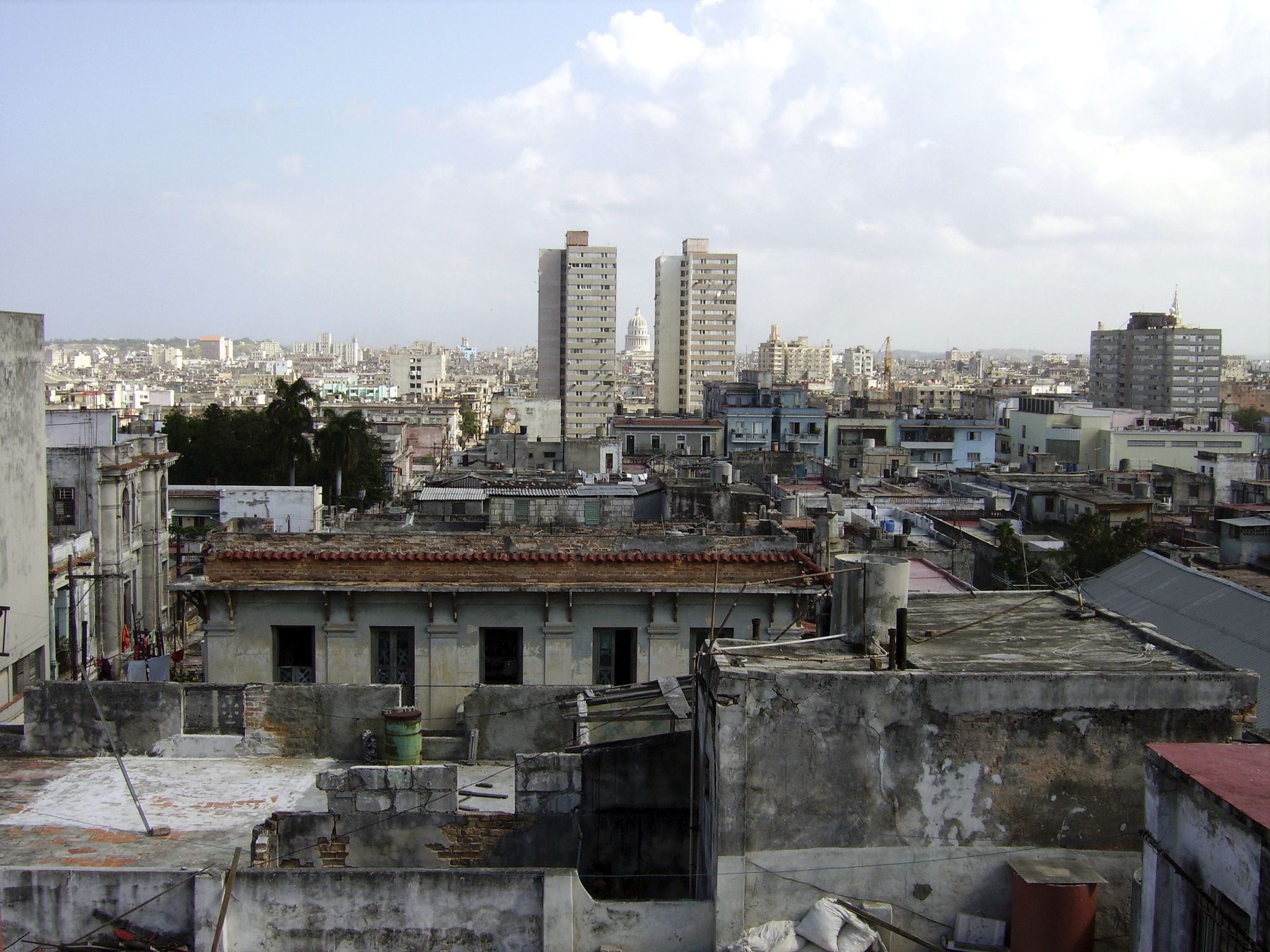Myth-Busting: Common Misconceptions About Traveling to Cuba
Understanding Travel Restrictions
Many people believe that traveling to Cuba is highly restricted or even illegal for certain nationalities. While there have been fluctuations in travel regulations, it's important to know that visiting Cuba is indeed possible. For travelers from the United States, visiting under one of the 12 authorized categories set by the U.S. government is required, such as educational activities or support for the Cuban people.

Safety Concerns
Another common misconception is that Cuba is an unsafe travel destination. On the contrary, Cuba is considered one of the safest destinations in the Caribbean. The government places a strong emphasis on tourist safety, and petty crimes are relatively low compared to other countries in the region. As with any destination, travelers should take standard precautions and remain vigilant.
Currency Confusion
Navigating currency in Cuba can seem daunting due to the existence of two currencies: the Cuban Peso (CUP) and the now-discontinued Convertible Peso (CUC). As of 2021, Cuba unified its currency system, and only the CUP is used. It's essential to exchange money at official locations like banks or cadecas to avoid scams.

Internet Accessibility
It's a widespread belief that internet access in Cuba is virtually nonexistent or extremely limited. While it's true that internet connectivity is not as widespread as in other countries, Wi-Fi is available in hotels, public parks, and Wi-Fi hotspots. Tourists can purchase internet cards from ETECSA offices to access these networks.
Language Barrier
Travelers often worry about language barriers when visiting Cuba, as Spanish is the official language. However, many Cubans working in the tourism industry speak basic English, and they're usually eager to help. Learning a few common Spanish phrases can greatly enhance your experience and interactions with locals.

Food Quality
Some tourists express concerns about the quality of food in Cuba, expecting limited options and bland flavors. In reality, Cuban cuisine offers a delightful blend of Spanish, African, and Caribbean influences. From street food to private restaurants known as paladares, visitors can enjoy a rich array of culinary experiences featuring fresh ingredients and vibrant flavors.
Accommodation Options
There's a myth that accommodation options in Cuba are limited to state-owned hotels. In recent years, private homestays called casas particulares have become popular, offering more personalized and affordable lodging experiences for travelers. These homestays provide an opportunity to immerse yourself in Cuban culture and hospitality.

The Myth of Isolation
Finally, many people assume that Cuba remains isolated from the world due to its political history. However, tourism is a major industry in Cuba, and the country welcomes visitors from all over the globe. The vibrant cultural scene, historic sites, and beautiful beaches make it a sought-after destination for travelers seeking unique experiences.
By debunking these common myths about traveling to Cuba, it's clear that this beautiful island nation offers a wealth of opportunities for adventure and cultural exploration. Whether you're interested in history, nature, or simply relaxing on a stunning beach, Cuba has something for every traveler.